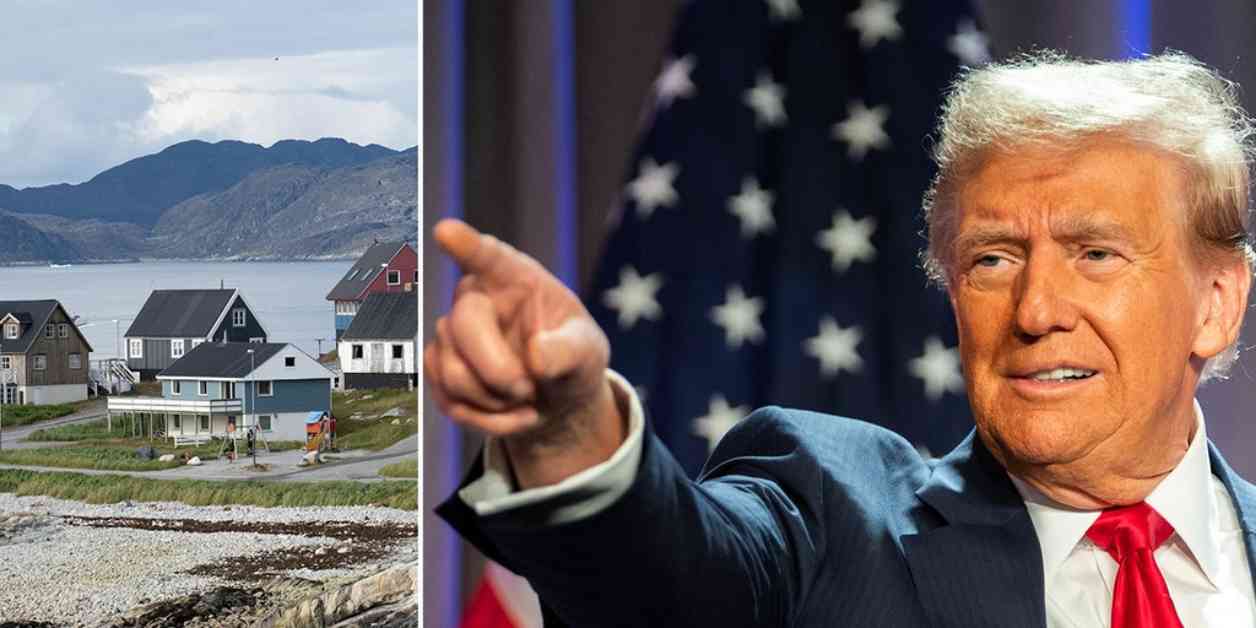House Democrats, led by Rep. Seth Magaziner, D-R.I., have introduced the No Invading Allies Act to prevent President Donald Trump from unilaterally seizing or invading territory from Greenland, Canada, and Panama. This move comes in response to Trump’s provocative comments about acquiring land from these countries, raising concerns about his use of war powers. Magaziner has emphasized the importance of Congress’s role in declaring war, especially when it involves allies of the United States who pose no threat to national security.
The U.S. Constitution grants Congress the authority to approve declarations of war, yet the last formal declaration dates back to 1942. Despite the War Powers Resolution of 1973, which requires the executive branch to notify Congress of military actions within 48 hours, modern presidents have engaged in conflicts without explicit congressional approval. The lack of a clear definition of “hostilities” has allowed past administrations to bypass congressional oversight, sparking debates about the balance of power between the executive and legislative branches.
Democratic Efforts to Restrain Presidential Actions
Rep. Eric Swallwell of California and Rep. Pramila Jayapal of Washington have joined Magaziner in co-sponsoring the No Invading Allies Act, highlighting bipartisan concerns about Trump’s territorial ambitions. The legislation seeks to limit funding for armed forces operations aimed at taking control of Greenland, Canada, and Panama, emphasizing the need for congressional oversight on matters of war and peace. By referring the bill to the House Foreign Affairs and Armed Services Committees, lawmakers aim to reaffirm the constitutional role of Congress in shaping foreign policy decisions.
During a recent joint address to Congress, Trump reiterated his interest in acquiring territory from Panama, Greenland, and Canada, suggesting that the U.S. could benefit from expanding its borders. However, leaders from Greenland and Panama have firmly rejected Trump’s overtures, asserting their independence and sovereignty as nations. Greenland’s Prime Minister Múte Egede emphasized the cultural identity of Greenlanders, while Panamanian President José Raúl Mulino denounced Trump’s comments as an affront to their national dignity.
Global Reactions and Domestic Concerns
While some Republicans have expressed skepticism about Trump’s intentions to initiate military conflicts, concerns persist about the potential consequences of his ambitions. Sen. James Lankford, R-Okla., has underscored the importance of protecting American national security without resorting to aggressive actions against other nations. The ongoing debate over the limits of presidential war powers reflects broader questions about the role of the United States in the international community and the need to uphold diplomatic norms in times of uncertainty.
As the political landscape continues to evolve, the No Invading Allies Act serves as a reminder of the checks and balances inherent in the U.S. system of government. By engaging in robust debates and legislative initiatives, lawmakers aim to uphold democratic principles and ensure that decisions about war and peace are made with the utmost consideration for the American people’s interests. As the nation navigates complex geopolitical challenges, the role of Congress in shaping foreign policy remains essential to safeguarding the values and security of the United States.
Fox News’ Caitlin McFall and Alex Nitzberg have provided valuable insights into the ongoing developments surrounding Trump’s territorial ambitions and the congressional response to these provocative statements. Diana Stancy’s reporting captures the nuances of this complex issue, shedding light on the intersection of politics, diplomacy, and national security in a rapidly changing world.

